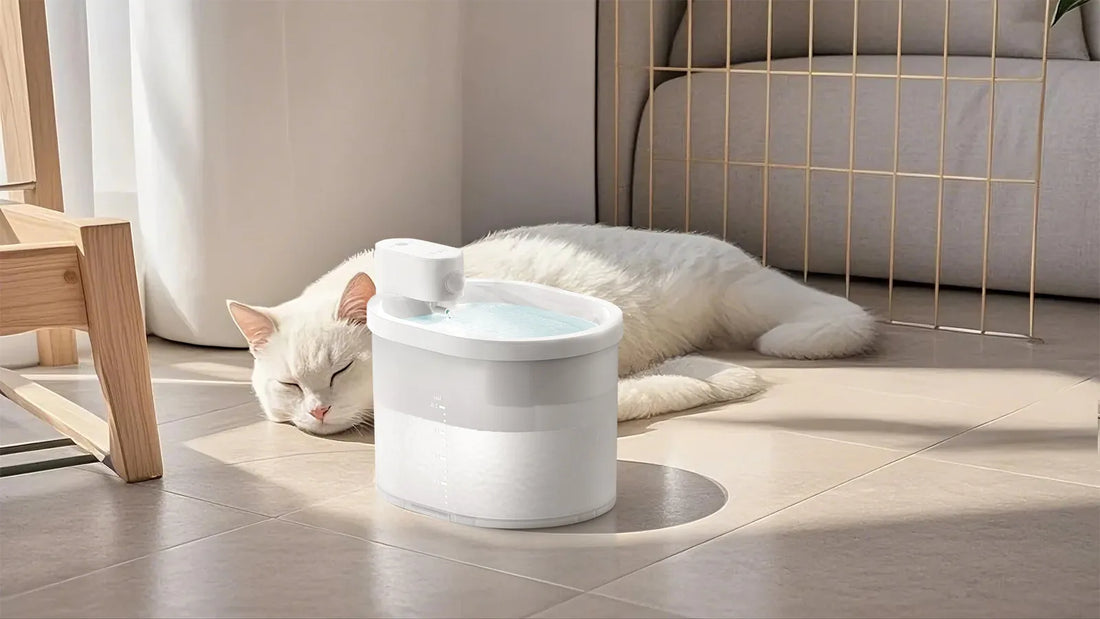When your dog stops eating but continues to drink water and vomits, it can be a worrying experience for any pet owner. This behavior often signals an underlying issue that requires attention. Understanding the possible causes and knowing when to seek professional help can make a significant difference in your dog's health and well-being.
Common Causes of a Dog Not Eating but Drinking Water and Vomiting
There are several reasons why your dog might exhibit these symptoms. Some of the most common causes include:
- Gastrointestinal Issues: Conditions such as gastritis, pancreatitis, or intestinal blockages can lead to vomiting and a loss of appetite.
- Infections: Bacterial or viral infections can affect your dog's digestive system, causing them to vomit and refuse food.
- Toxins: Ingestion of toxic substances, such as certain plants or chemicals, can result in vomiting and a lack of appetite.
- Stress or Anxiety: Changes in the environment, routine, or the presence of new pets can cause stress, leading to these symptoms.
- Dental Problems: Pain from dental issues can make eating uncomfortable, causing your dog to avoid food.
When to Seek Veterinary Care
While some cases may resolve on their own, it's crucial to know when to seek veterinary care. Contact your veterinarian if:
- Your dog has been vomiting for more than 24 hours.
- There is blood in the vomit or stool.
- Your dog appears lethargic or unresponsive.
- You suspect your dog has ingested a toxic substance.
- Your dog is showing signs of dehydration, such as dry gums or sunken eyes.
Supporting Your Dog at Home
If your dog is not eating but drinking water and vomiting, there are steps you can take to support them at home:
- Provide Fresh Water: Ensure your dog has access to clean, fresh water to prevent dehydration.
- Offer Bland Food: Once vomiting has subsided, offer bland foods like boiled chicken and rice in small amounts.
- Monitor Behavior: Keep a close eye on your dog's behavior and note any changes or worsening symptoms.
- Reduce Stress: Create a calm and comfortable environment to help reduce stress and anxiety.
Preventive Measures
Preventing future episodes of vomiting and loss of appetite involves:
- Regular Vet Check-ups: Routine veterinary visits can help detect and address potential health issues early.
- Balanced Diet: Feed your dog a balanced and nutritious diet to support overall health.
- Safe Environment: Ensure your home is free from toxic substances and hazards that could harm your dog.
- Proper Dental Care: Regular dental care can prevent painful dental issues that may lead to a loss of appetite.
Seeing your dog not eating but drinking water and vomiting can be distressing, but understanding the potential causes and knowing how to respond can help you provide the best care for your furry friend. Always consult your veterinarian if you're concerned about your dog's health, and take proactive steps to ensure their well-being. Your dog relies on you to be their advocate, so stay informed and attentive to their needs.













